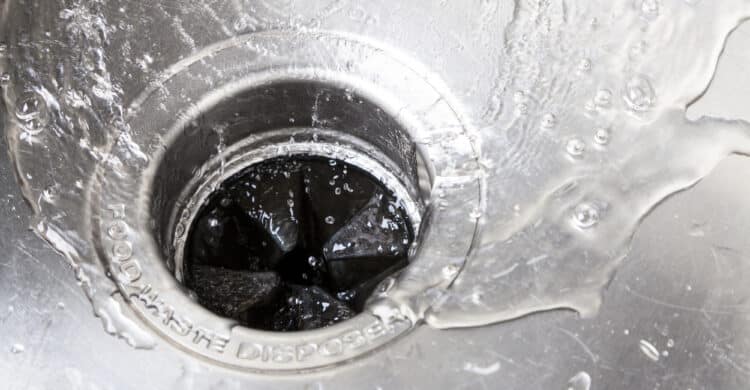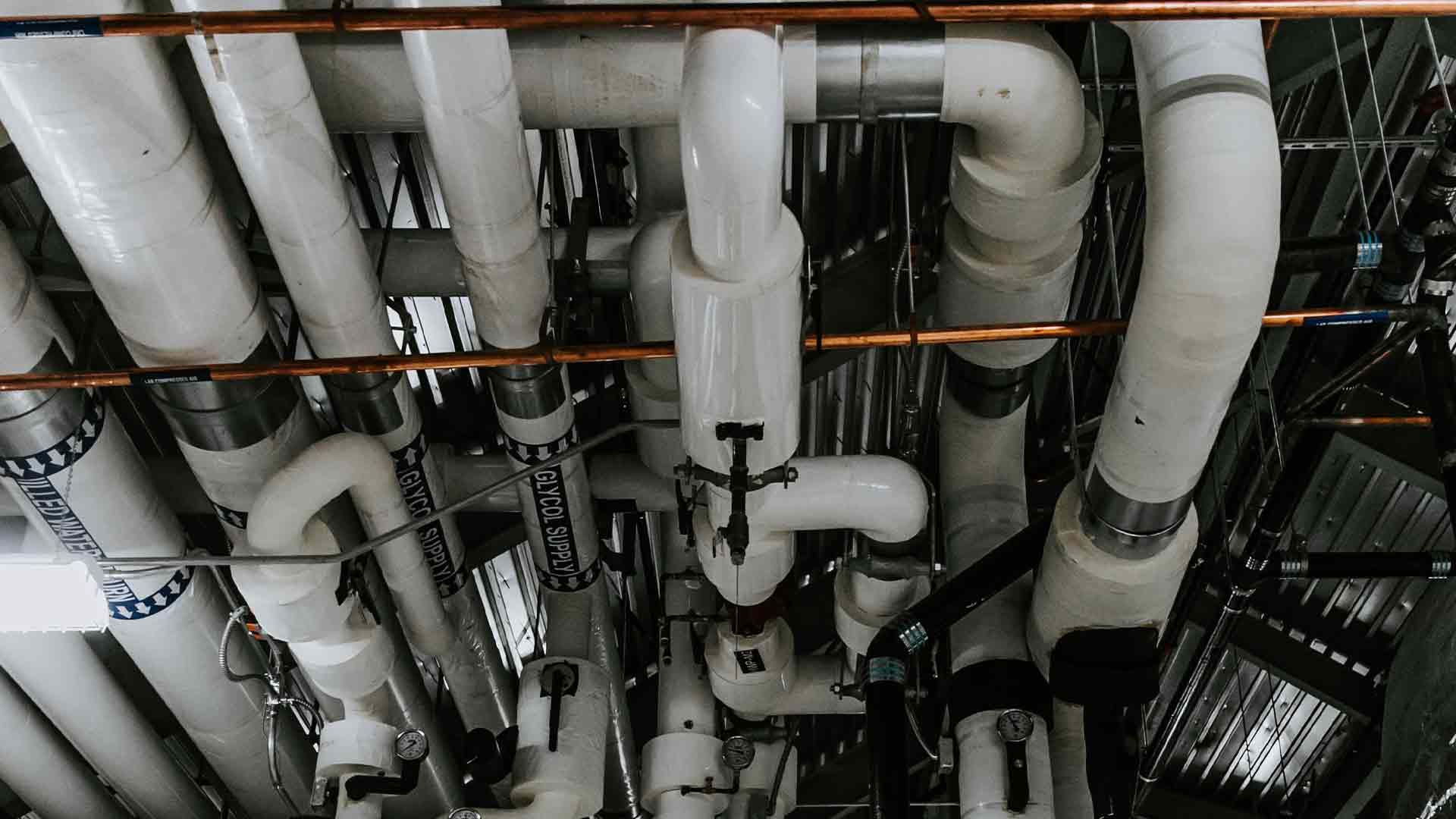
Maintenance Tips for Garbage Disposals
The key word is “can,” because, if you treat the disposal in the correct manner, including consistent maintenance, it will serve you well and make your life easier. If you ignore your disposal or put the wrong substances into it, however…Well, just ask a plumber about the stories they have from responding to disposal problems.
With that in mind let’s look at garbage disposals, correct usage, as well as maintenance tips for garbage disposals, and what to avoid.
Know Your Disposal
Invented in 1927, garbage disposals persist because they work.
When you turn it on, a spinning disc (called an impeller) rotates rapidly, forcing food waste against the outer wall of what’s called the grinding chamber. This process pulps the food you put into the disposal. That pulp is then carried through holes into the waste line and washed through your plumbing. NOTE: Disposals do not have sharp blades inside them – though you still do not want to introduce your fingers to a moving impeller.
However, some homeowners think this machine can chop up even the toughest foodstuffs, and when they are new, they can tackle a lot of jobs. But garbage disposals are only designed to cut up, mulch, and break down soft food waste so that it can move through (and out of) the drain system of your home. And if you continue to stress your system it will not only lead to breakdown but also clogs and possibly leaks of your entire plumbing system.
There’s a reason why plumbers are wary of disposals. And even those people who are more conscious of the limits of plumbing can’t help but let a few things go down the drain from time to time.
But you should do your best to avoid:
• Fibrous substances (this includes eggshells, nut shells, bones, broccoli, celery, corn husks, potato skins, coffee grounds, etc.)
• Grease and oils
Hot grease is especially hazardous, as, when it cools, it will harden and create a stout blockage. And both these items will build up in your piping and create a clog over time.
You should NEVER allow fibrous substances to wash down the drain, as they can both produce clogs and destroy the impellers of your disposal. That’s why, despite popular use, you should never put eggshells in your garbage disposal. They won’t hurt the disposal, but they will cause clogs in the plumbing below the system.
Your kids or spouse may groan, but make sure they scrape their plates clean into the garbage before rinsing/washing them in the sink. And make sure your kids understand that they cannot let utensils fall into the drain, as this will do serious damage to your system.
Maintenance Tips for Garbage Disposals
OK, now that you know the basics let’s look at how you can ensure that your garbage disposal keeps running at full throttle year after year.
Always use cold water while running the disposal
Run water during your use of the disposal and for 10-20 seconds after you’ve turned it off. This will carry food waste down into the blades and through your drainpipes. The reason you should use cold water is that hot water can melt fat and cause it to stick to the impeller.
Use the disposal regularly
Your disposal is designed to run and could even rust up if unused for a long period of time. So, even if you don’t like using the disposal for food frequently, you should run it at least once a day. You can even run it for a few seconds with nothing but water running into the drain.
Don’t overstuff your disposal
Cut up or dissect larger food portions before putting them into the disposal. Stuffing as much food as possible at a time is a sure way to jam the unit and damage it.
Clean your disposal every 2 weeks
First, you can remove any food particles left in the grinding chamber by putting a few ice cubes and a cup of rock salt in the disposal and running it for 1 minute. Next, pour a cup of vinegar and a half-cup of baking soda into the disposal to kill bacteria and odors (and act like a kid making a volcano experiment). Finally, clean the flaps and the inside of the disposal with an old toothbrush.
Use citrus for a quick freshen-up
You can put warm water lemons, limes, oranges, or any other citrus fruit into the disposal and run it to improve any lingering smells. Remove any seeds/pips and peel the fruits to avoid clogging concerns.
NOTE: If you do develop a clog in your kitchen sink/disposal it’s a good idea to avoid harsh cleaning chemicals. That’s because these chemicals can stay in the grinding chamber and then be flung out of the disposal during the next use. If you want a deeper clean to help avoid clogs, consider snaking your disposal every 1-2 years.
Help with Disposal Concerns
If you have disposal problems or questions and live in north Georgia or metro Atlanta, know that the professionals at Conditioned Air Systems are here for you whenever you need us.
We built a sterling reputation on our HVAC work, and now we’re bringing that same approach to plumbing. You can expect our plumbers to:
• Arrive on time
• Install it or repair it right, the first time
• Give you a fixed price with no hidden surprises
• Be friendly and professional
Just like our HVAC services, we offer 24/7 and emergency plumbing services to attend to your every need.
If you find yourself with a disposal problem, please contact us right away at 770-536-7509 and let us get your kitchen sink in full working order again.
Meeting Your Plumbing Needs

